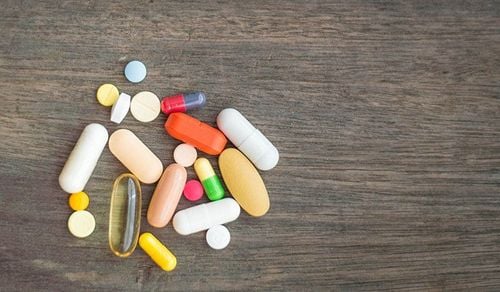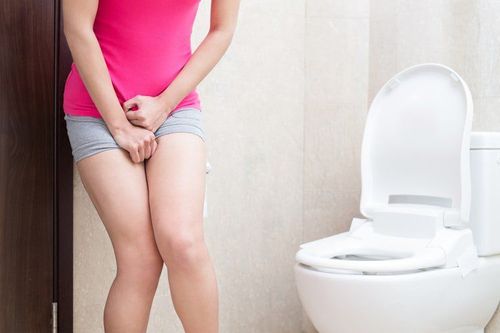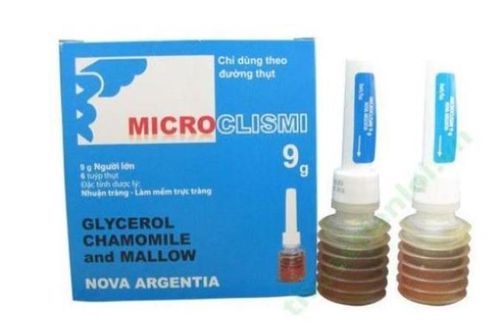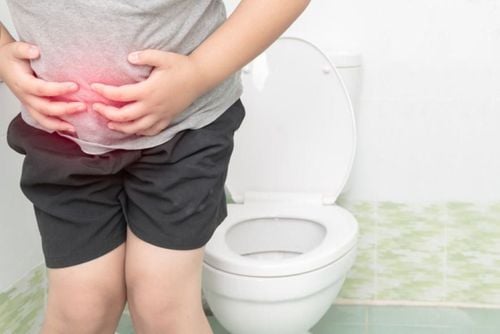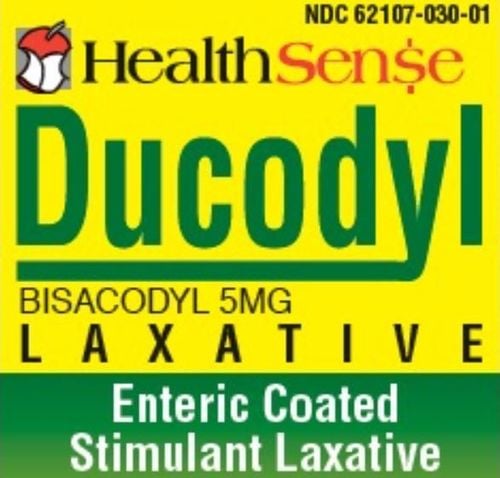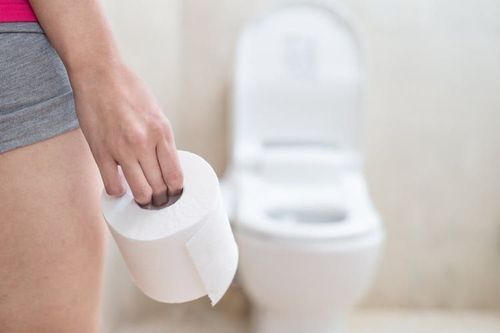This is an automatically translated article.
Posted by Master, Doctor Mai Vien Phuong - Department of Examination & Internal Medicine - Vinmec Central Park International General Hospital
One of the most common tips for people with constipation is to eat more fiber. But does this advice really work? Let's have an overview on this issue.
1. Fiber is usually good for digestion
Fiber is the name for the indigestible carbohydrates in plants. It can be found in all plant foods, including fruits, vegetables, grains, nuts, and seeds.
It is generally classified into two groups, based on solubility:
Insoluble fiber : Found in wheat bran, vegetables and whole grains.
Soluble fiber: Found in oat bran, nuts, seeds, beans, lentils and peas, as well as some fruits and vegetables.
That said, most fiber-rich foods contain a mixture of insoluble and soluble fiber in varying proportions.
Although your body can't digest fiber, eating enough is believed to be important for your gut health. This is partly because fiber increases the size of stools and makes them softer.
Larger, softer stools help you have regular bowel movements, because they move faster through the intestines and are easier to pass.
These two types of fiber help do this in slightly different ways.
Insoluble fiber swells up in your stool and acts like a brush, sweeping through your intestines to push things out and keep things moving.
The soluble type absorbs water and forms a gel-like substance. This makes it easier for your stool to pass through your intestines and improves its form and consistency.
The fermentation of a type of soluble fiber, called prebiotics, in the large intestine can also help maintain a healthy gut by increasing the number of good bacteria.
This can also improve your health by reducing your risk of type 2 diabetes, heart disease and obesity.
Eating enough fiber can help you stay regular. It can also improve the balance of good bacteria in your gut. This can reduce the risk of various diseases, such as heart disease, obesity, and diabetes.
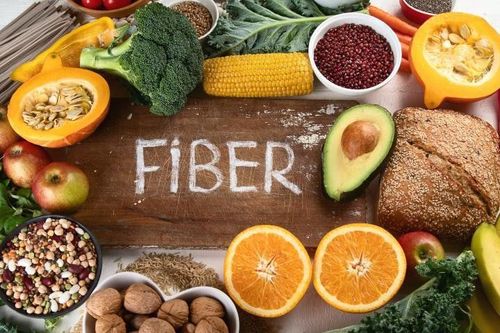
2. Fiber can relieve constipation for many people
If you are constipated and eat less fiber, eating more fiber may help.
Studies have shown that increasing the amount of fiber you eat can increase the amount of stool you pass.
In fact, a recent review found that 77% of people with chronic constipation found relief when increasing their fiber intake. What's more, two studies have found that increasing dietary fiber intake may be as effective as the laxative lactulose for relieving constipation in children.
This means that for many people with constipation, simply eating more fiber may be enough to fix the problem.
Generally, men should eat 38 grams of fiber per day and women 25 grams.
Unfortunately, it is estimated that most people eat less than half this amount, reaching only 12–18 grams per day.
Most people don't eat enough fiber. People who lack fiber in their diet can find relief by increasing their intake.
3. In some cases, eating more fiber makes constipation worse
In theory, fiber should help prevent and treat constipation. However, evidence suggests that this advice does not work for everyone.
While some studies show that adding fiber to your diet can improve your symptoms, other studies show that reducing your intake is best.
Additionally, a recent review found that while fiber was effective in increasing the frequency of bowel movements, it did not help relieve other symptoms of constipation such as stool consistency, pain, and bloating. a little bit.
To find out if increasing your fiber intake helps you get constipated, try to determine its cause. You can become constipated for a number of reasons, including:
Lifestyle factors: Diet low in fiber, sedentary, and low in fluid intake. Medications or supplements: Examples include opioid pain relievers, antidepressants, antipsychotics, and some antacids. Illnesses: Examples include diabetes, irritable bowel syndrome, inflammatory bowel disease, and neurological conditions such as Parkinson's. Unknown: It's not clear what causes some people's chronic constipation. This is called chronic idiopathic constipation. If you've been eating a lot of fiber and your constipation is caused by something else, adding more fiber may not help and may even make the problem worse.
Interestingly, studies have shown that some people with constipation eat similar amounts of fiber as people without the condition.
A 6-month study in 63 people found that for people with chronic idiopathic constipation, a low-fiber or even no-fiber diet significantly improved their symptoms. Eliminating the fiber has basically cured the constipation.
The same is true for people with irritable bowel syndrome (IBS), as many high-fiber foods are also high in FODMAPS, which worsens IBS symptoms.
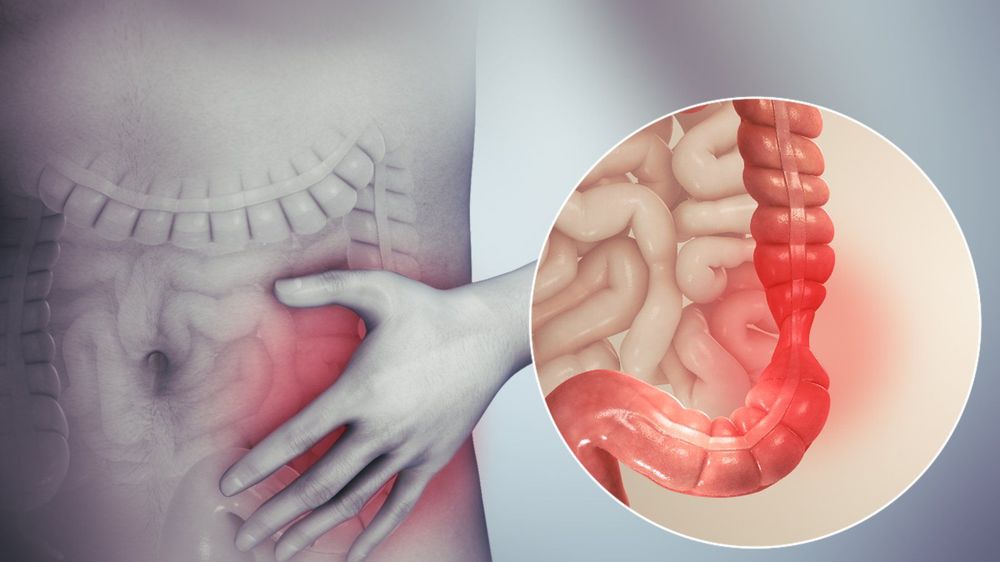
Furthermore, there's evidence that soluble, non-fermentable fiber supplements can benefit these people, even though they don't tolerate other types of fiber well.
For people who eat enough fiber but are still constipated, eating more fiber can make their problems worse. In some cases, reducing fiber can help relieve constipation.
4. The best types of fiber to get rid of constipation
Fiber supplements can help treat constipation, even for people with chronic constipation or IBS.
However, if you have chronic constipation or are experiencing symptoms such as pain, wind, bloating, and bloating, it's best to take a soluble, non-fermentable fiber supplement.
This is because fermentable fiber is used as food by the bacteria in your gut, leading to gas production in your large intestine.
This can increase gas production in your intestines, which can make your symptoms worse.
Examples of soluble fiber supplements include:
Psyllium: Psyllium husk and Metamucil Methyl cellulose: Citrucel Glucomannan: Glucomannan Capsules or PGX Inulin: Benefibre (Canada), Choice of Fiber or Fiber Guar Gum Partially hydrolyzed: Hi-Maize Wheat dextrin: Benefiber (USA) Psyllium is generally considered the best choice. Although classified as fermentable, studies have shown that psyllium can normalize stools and is well tolerated, even by people with IBS (Irritable Bowel Syndrome)
Summary:
If you don't get enough fiber, gradually increasing the amount of high-fiber foods in your diet can help. People with chronic constipation may benefit from taking a soluble, non-fermentable fiber supplement.
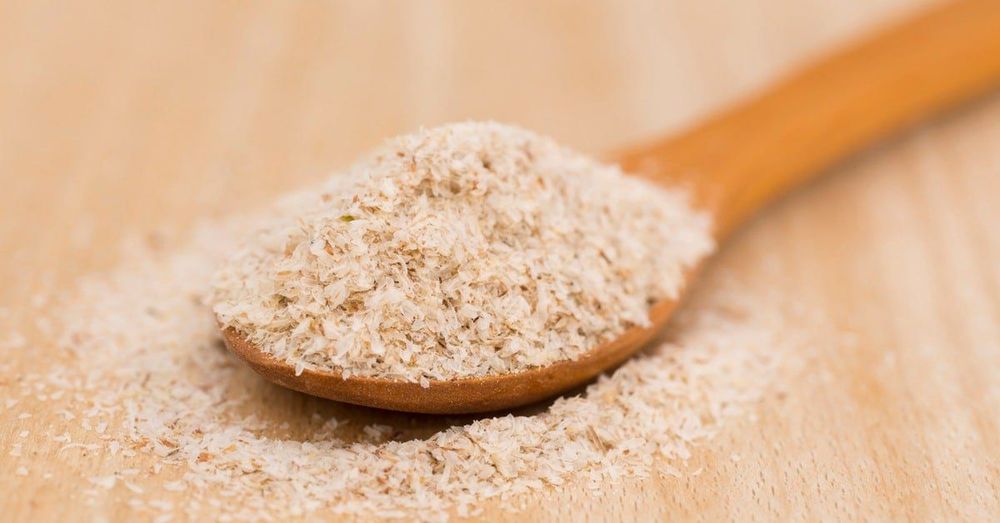
5. The Best Food to Relieve Constipation
If your fiber intake is generally low, try including more fiber-rich foods like fruits, vegetables and whole grains in your diet.
This will increase your soluble and insoluble fiber intake and may help alleviate your problem.
It's best to do this gradually, as dramatically increasing your food intake in the short term can cause unwanted side effects like pain, bloating, and bloating.
Foods high in insoluble fiber include:
Grains Fruits and vegetables with shells Nuts and seeds Foods rich in soluble fiber include:
Oats Flaxseed Barley Rye Beans and pulses Vegetables Several fiber-rich foods have been shown to be particularly effective for constipation. For example, flaxseed can be helpful if your constipation is caused by IBS.
If you want to try flaxseed, start by taking 1 teaspoon per day and gradually increase the dosage up to a maximum of 2 teaspoons during the day.
To make them more palatable, you can add them to drinks or sprinkle them on yogurt, salads, cereals or soups.
Prunes can also help relieve constipation. They are high in fiber and also contain the sugar alcohol sorbitol, a natural laxative.
Some studies have shown that prunes are more effective than fiber supplements in relieving constipation. The effective dosage is believed to be about 50 grams (or 7 medium-sized prunes) twice a day.
However, if you have IBS, you should probably avoid prunes because sorbitol is a known FODMAP and may worsen your symptoms.
Insoluble and soluble fiber are found naturally in many foods. Prunes may also be helpful, as long as you don't have IBS.
Conclusion
Eating lots of fiber-rich foods is a good idea to optimize digestive system health.
If you are constipated and don't have a lot of fiber in your diet, then you may benefit from eating more fiber.
However, if you're already getting enough fiber or your constipation has another cause, increasing your fiber intake from foods can make things worse.
Department of Endoscopy - Gastroenterology is one of the key specialties at Vinmec International General Hospital. For timely examination, advice and treatment of digestive diseases, you can contact Vinmec Health System nationwide or register online on the website for service.
Please dial HOTLINE for more information or register for an appointment HERE. Download MyVinmec app to make appointments faster and to manage your bookings easily.





